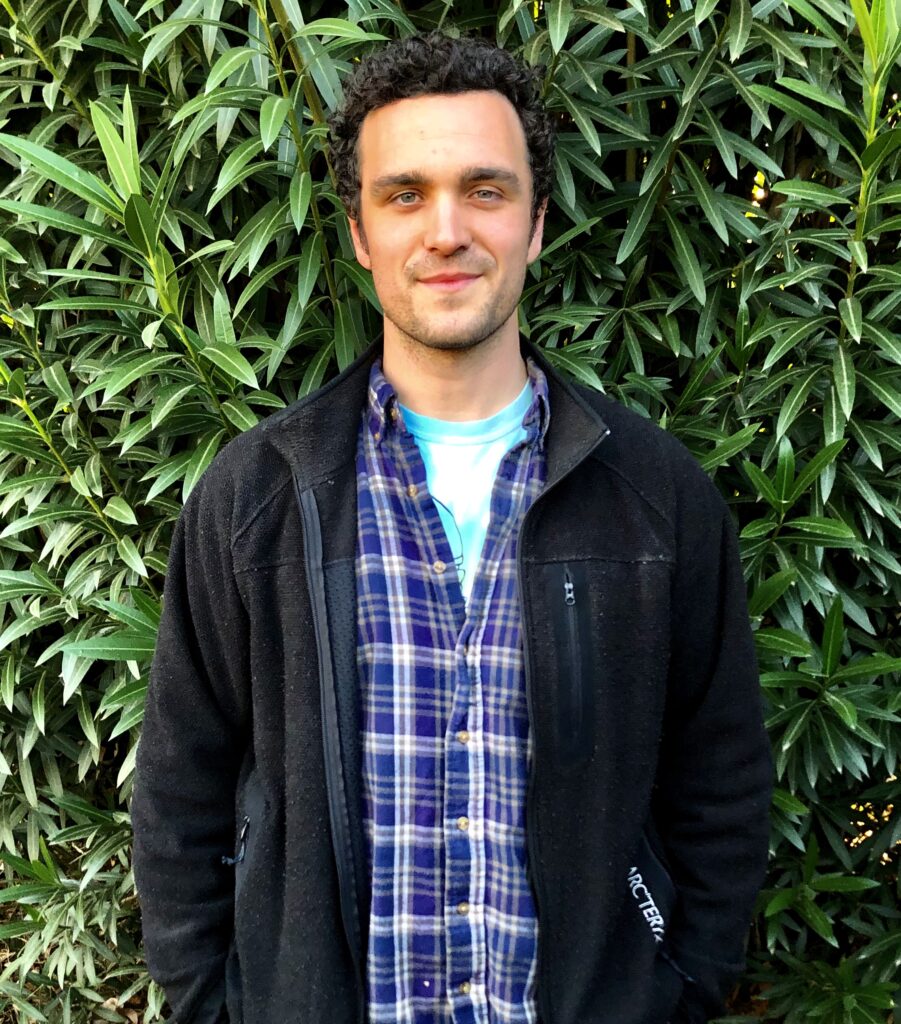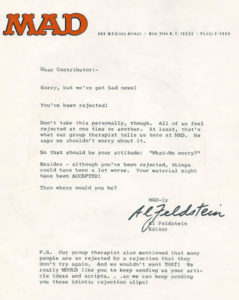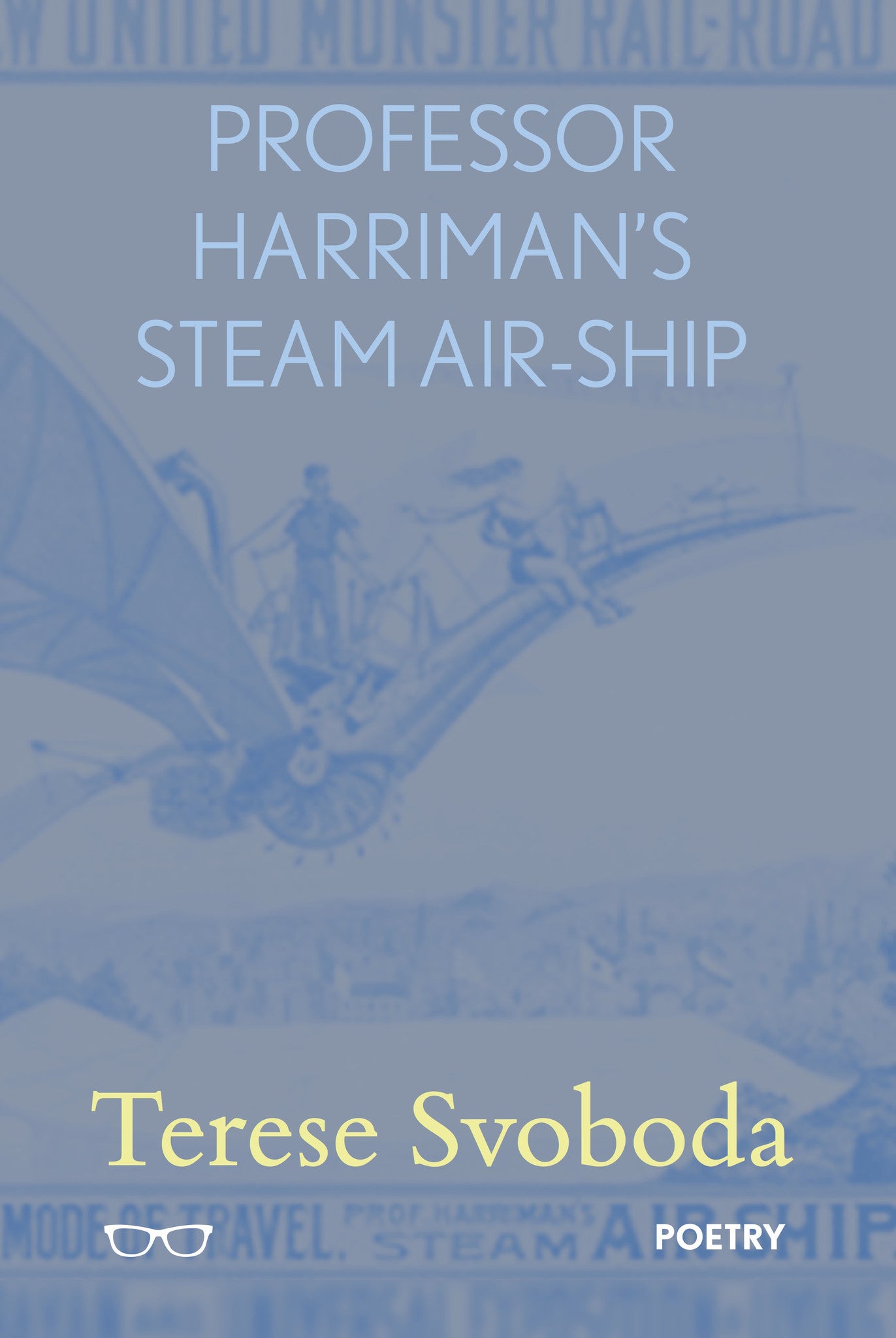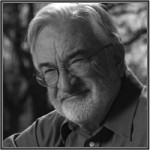 My car rolls to a stop at the red light. I’m on my way to stake out a position in the carpool line at my daughter’s school. I look to the left, and see a boy on a bicycle, zooming down the sloping sidewalk. It’s February, and he’s wearing a puffy blue parka. A backpack bounces up and down on his back and he’s got a wide grin on his face, and eyes intently fixed on the sidewalk in front of him. There is something about the boy that stirs me suddenly, and I feel overcome with the need to write. Not about him. I am overcome with the urge to dive back into my work-in-progress, and to make some progress, after weeks of uninspired dabbling – you know the kind, opening the document, changing a word here and there, deleting a line, hitting ‘save’. I don’t know why the boy ignites this need to write in me, but he does. My fingers tingle. In the carpool line I lever the driver’s seat back and open up my laptop. I exhale. I start to write. It’s that easy.
My car rolls to a stop at the red light. I’m on my way to stake out a position in the carpool line at my daughter’s school. I look to the left, and see a boy on a bicycle, zooming down the sloping sidewalk. It’s February, and he’s wearing a puffy blue parka. A backpack bounces up and down on his back and he’s got a wide grin on his face, and eyes intently fixed on the sidewalk in front of him. There is something about the boy that stirs me suddenly, and I feel overcome with the need to write. Not about him. I am overcome with the urge to dive back into my work-in-progress, and to make some progress, after weeks of uninspired dabbling – you know the kind, opening the document, changing a word here and there, deleting a line, hitting ‘save’. I don’t know why the boy ignites this need to write in me, but he does. My fingers tingle. In the carpool line I lever the driver’s seat back and open up my laptop. I exhale. I start to write. It’s that easy.
It’s not, though. I wish I could say that from that point forward my fingers flew across the keyboard and the words poured forth. Writing isn’t like that. There are so many in-between times; there are moments when you feel mired in the soul-sucking everydayness that is so often life and can’t see the way up over the edge and out of it. Inspiration can be so elusive, so demanding of time and space. The older I get, the less my brain can contain all at once. The older I get, the more I seem to take on, the less time and space there is available to me – for me. The less time I have to create, the more frustrated I grow, the less I feel like who I want to be, really and truly, 24/7: A writer.
February turns into March, which turns into April. Two questions bother me:
How can you call yourself a writer, if you are not writing?
And,
What was it about that boy on the bicycle?
I’m all about self-affirmations lately. Not à la Stuart Smalley, not yet, but the kinds of affirmations that make you accountable to others. It’s May now, and last week, I told someone that I was, first and foremost, a writer. I tend to keep that information bottled up inside, private, the way we keep our political affiliation, or our religion private. I have tried to work on this, because I’ve been a writer for almost my entire life. Own it! I tell myself over and over again, so I do, when I can.
I am a writer, I said out loud.
“Oh?” this person replied, head cocked to one side. “That’s so nice! What are you writing?”
And, just like that she morphed in front of me into the boy on the bicycle. He turned to look at me. What ARE you writing? he seemed to be asking as he whizzed on by, this time in a t-shirt and jeans. And, more importantly, why aren’t you doing it?
Writing is not easy. The mechanics of it might be – the act of stringing together words to form sentences, but wading through the negative noise to get the mechanics to work for you – that’s the daunting part. I’m in that in-between space now. If I stand on my very tippy-toes I can see the edge leading out of this place, but I’m still working out how to reach it. The process of transitioning away from the noise of the semester, and into reclaiming the time and space I need to create, is a hard one for me. I liken it (unoriginally) to peeling off a scab, or (more originally) recovering from jet lag. I have to cut loose all the weighty odds and ends I’ve been carrying with me for months, and re-enter a world where I belong, but which feels unfamiliar at first – all right angles and unusual shadows – until one day everything shifts into place again.
One May five years ago, during this recovering-from-jet-lag, transition-to-writing period, I wrote 20,000 words in just under three weeks – most of them while sitting in the carpool line at my son’s school. That is not my usual writing space, but the ritual of that process became such a part of me that my mind would begin racing almost before I had put the van into ‘park’ and turned the engine off. In the summers, when I am most prolific, my ritual is to get up earlier than my family, make myself a pot of tea, and to sit at my desk in my home office. If I start early enough, I can get in almost four hours of writing time before my family begins to stir. With that first cup of steaming tea poured, I feel the familiar urge to write – to create – take hold of me.
Mired in final exam grading, and assessment report-writing, and used car shopping, I fantasize about going on a writer’s retreat, somewhere remote and extraordinary. It would be just me and endless pots of tea and the words would stream out from my fingertips like sparklers on the 4th of July.
If I can just get to June, I tell myself, I’ll have the time to write.
In the meantime, I block out word count goals in my calendar. 20,000 words by Week 2, 30,000 by Week 3, and so on until I reach a decent goal for a working draft. Word counts are like mile markers, I tell myself out loud while I lace up my sneakers for a run. If I can map them out, I can get there.
Two miles out, two miles back. The landscape is thickening around the edges, settling into early summer at last. A quarter of a mile from home a neighbor crosses the street with his little white dog. I stop to pet her. She scrabbles against my legs, licking and wiggling. Sweat tickles my back. I wish the neighbor a good night and, as I pull away, picking up speed down the hill towards home, something unexpected happens: I feel a shift – something comes loose. In the most marvelous of full-circle ways, the little white dog has made me think about the boy on the bicycle, who has made me realize this: that the most valuable writing, not unlike the most valuable living, takes root in the everydayness — in the midst of the most mundane, in the absolute ordinary.










